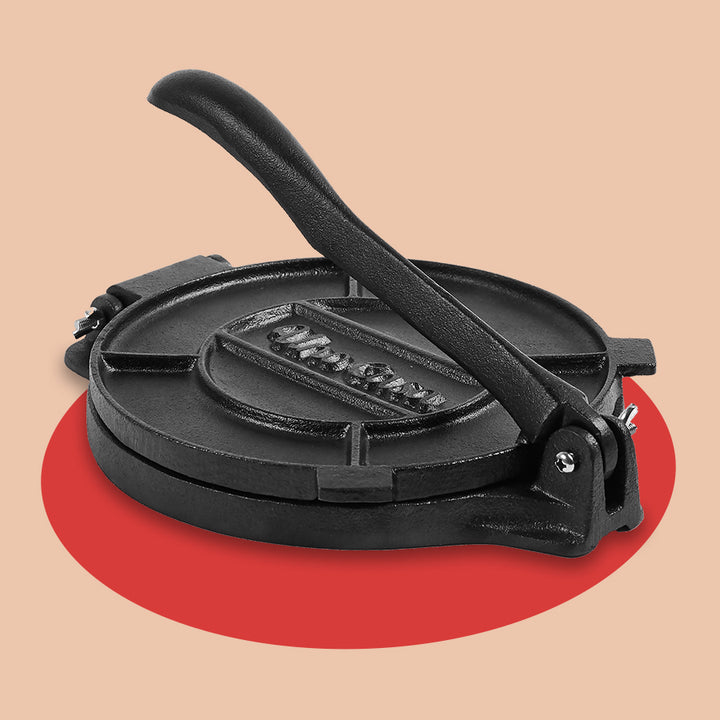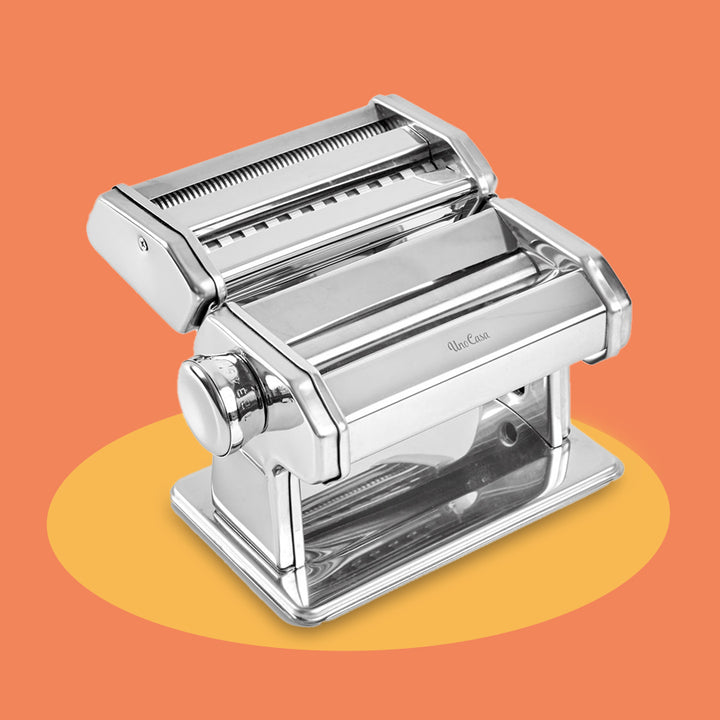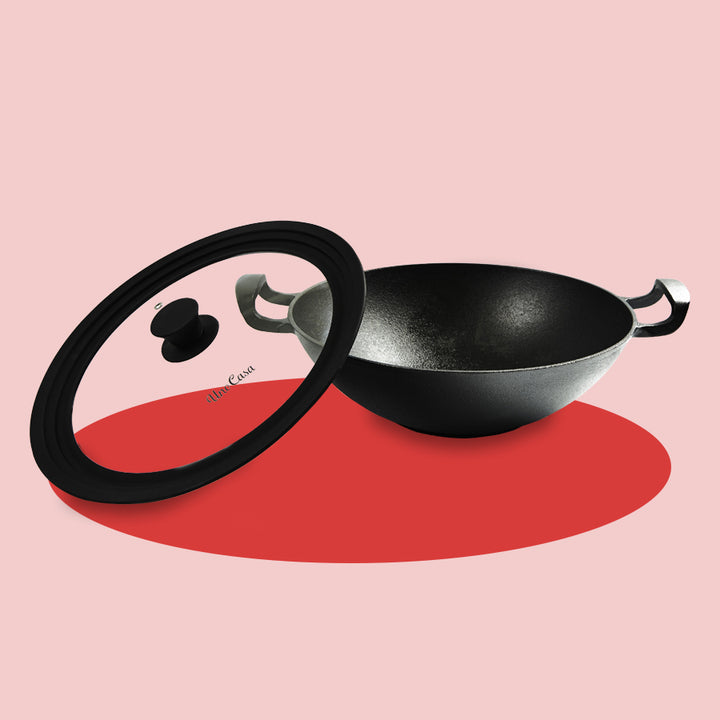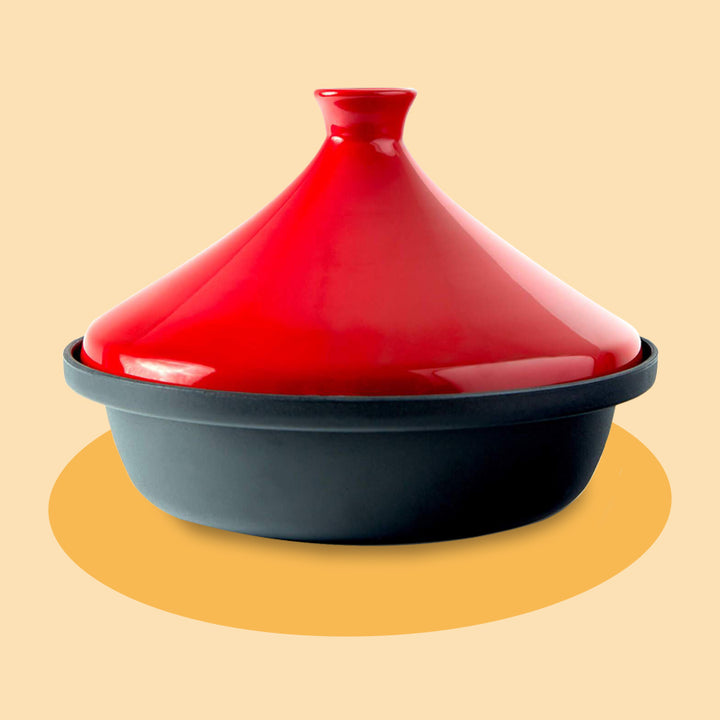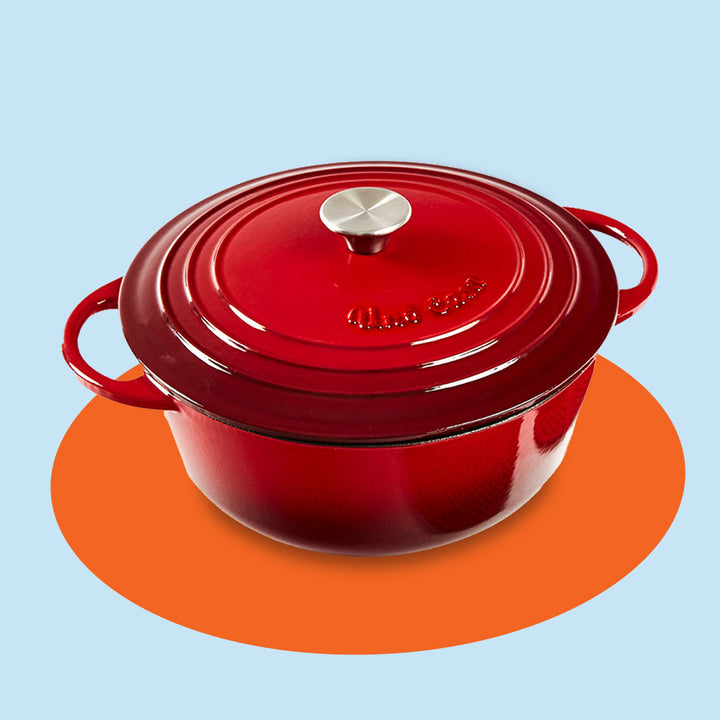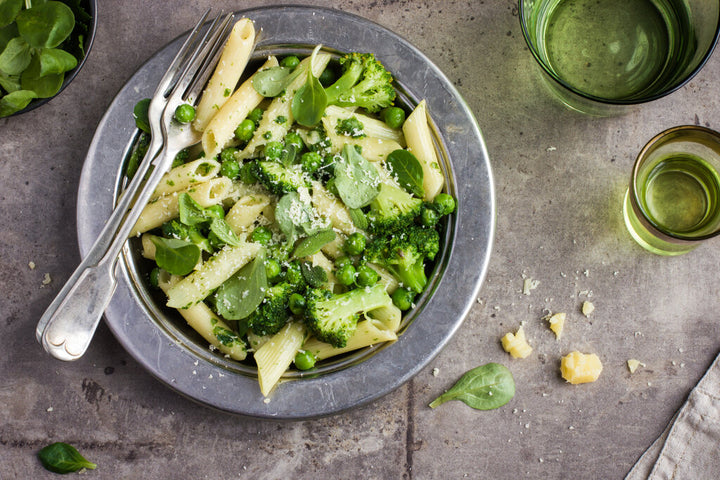Coffee Sweetener: The Healthiest Sweeteners For Your Morning Brew

Coffee and sugar are a timeless combination. The sweet sugar takes away the bitter edge of a cup of freshly brewed coffee, but sugar also racks up the calorie count. Sugar isn’t the only coffee sweetener you can add to your morning joe, though, because there are lots of other healthier options to try out!
If you’re a fan of sweet coffee but are looking to cut down on your sugar intake, then keep reading, as we list the best and healthiest coffee sweeteners on the market. Get your pour-over coffee maker and gooseneck kettle ready to go as we sweeten up your next brew!
Sugar: the traditional coffee sweetener
So, what is the best sweetener for coffee? This is up for debate, but if you’re a traditionalist, you’ll probably say that sugar is the best-tasting sweetener.
Sugar is the traditional coffee sweetener because it’s not only readily available, but it’s a sweet ingredient that we are so often brought up to enjoy. It’s part of our everyday diets, we stock sugar in our pantries, so it’s super easy to add a spoonful to our morning brew!
White sugar and brown sugar are the two most common coffee sweeteners. White sugar is the sweetest of the two, while brown sugar has a more natural but less sugary taste.
White sugar goes through a long refining process which removes the natural molasses from the finished product (and removes the dark coloring); however, neither white nor brown sugar is particularly healthy sweeteners to add to your coffee every day!
The healthiest coffee sweetener
If you’re spooning heaps of sugar into your coffee every day, then it’s a good idea to start looking at how to sweeten coffee without sugar. Some excellent artificial sweeteners and natural sweeteners can replicate the taste of sugar without adding all the calories!
Here are the best, healthiest sweeteners for coffee.
Artificial sweetener
Artificial and healthy words don’t often go hand in hand, but artificial sweeteners are generally a good choice over white sugar.
The best sugar substitute is often held to be Splenda (at least, it’s the most well-known and widely available). Splenda is actually made from sugar, but it goes through an artificial process that removes the sugar molecules that are responsible for the calories - ensuring that Splenda is sweet yet has zero calories.
Other artificial sweeteners are prepared in a similar way and include the likes of Sweet’N Low and Equal.
Stevia
Stevia is a product that’s incredibly sweet (it’s so much sweeter than sugar!) but is also a healthy sweetener for coffee. That’s because Stevia has zero calories, and although it’s a processed product, it’s plant-based, and it’s still healthy!
Agave syrup
Agave syrups are natural sweeteners that are taken from the agave plant, the same plant that gives us tequila and mezcal!
Agave syrup is naturally sweet, but it’s dense too, and our bodies won’t absorb the sugar as quickly as they would if you were just to add a spoonful of white sugar to your coffee.
Agave syrup is widely available in shops, as it’s become increasingly popular. You can easily use it in baking, as well as for your morning cup of coffee.
Honey
Honey is a classic sugar substitute, and it’s one that we often already have stored in the cupboard or pantry. If you don’t, you can purchase honey in any supermarket, making this an easy alternative to sugar.
Honey is much sweeter than sugar, and so you don’t need to use as much to sweetener up your coffee. That means fewer calories but the same amount of sweetness.
Maple syrup
Maple syrup is an excellent natural sweetener, as it’s not only sweet (it contains natural sugars, after all), but it contains plenty of antioxidants and many more useful minerals too.
Maple syrup is widely available, of course, and you only need a slight drizzle to sweeten up your coffee.
Cocoa powder
Cocoa powder is an intriguing addition to our list of sweeteners because it not only adds sweetness to your coffee, but it also adds a chocolatey flavor.
In addition, the cocoa powder offers extra protein to your morning cup of coffee while being a welcome change from the standard coffee (your coffee is basically a mocha, with the addition of cocoa powder!).
What else can I put in my coffee?
While sweet coffee is one of the most popular ways to enjoy a cup of coffee, if you’re feeling adventurous, then there are lots of other unique additions to try out as well.
Salt
We don’t all have a sweet tooth, in which case, you’ll want to give salt a go instead of sweetener. Don’t overdo it; just a small pinch of salt can seriously bring out the flavor of your beans while adding a much welcome savory element to your morning brew. Here's our full article on salt in coffee and its health benefits.
Butter
Yes, you read that correctly. Butter is an excellent, if unusual, addition to a cup of fresh, black coffee. Butter adds a thick, savory texture to coffee, and to be honest; there’s no reason not to give it a go if you’re happy to prepare coffee and milk.
Add a spoonful of butter to your cup of coffee, then slowly stir it in to melt. Butter in coffee adds more calories to each serving, of course, but it also adds essential fats and oils and can help you to keep going all morning until lunch.
Egg
Egg? Yes, you also read that correctly too! Egg is an increasingly popular addition to coffee, although it’s been a popular addition for centuries in places like Sweden and Vietnam.
Egg whites help to remove the bitterness and acidity from coffee beans while adding a more unusual texture and flavor to a finished cup of hot coffee.
Coffee sweetener: what’s your favorite going to be?
If you’ve got a sweet tooth, then sugar isn’t your only option when it comes to coffee sweeteners. Rather than packing the calories in with a spoonful of white sugar, why not give natural sweeteners a go instead?
From agave syrup and honey to maple syrup or even cocoa powder, there are lots of incredibly tasty options to try out in your next brew.
If you’re a coffee drinker, then why not bookmark our guide to the best and healthiest coffee sweetener for later?
Schreiben Sie einen Kommentar
Kommentare werden vor der Veröffentlichung genehmigt.
Vollständigen Artikel anzeigen


